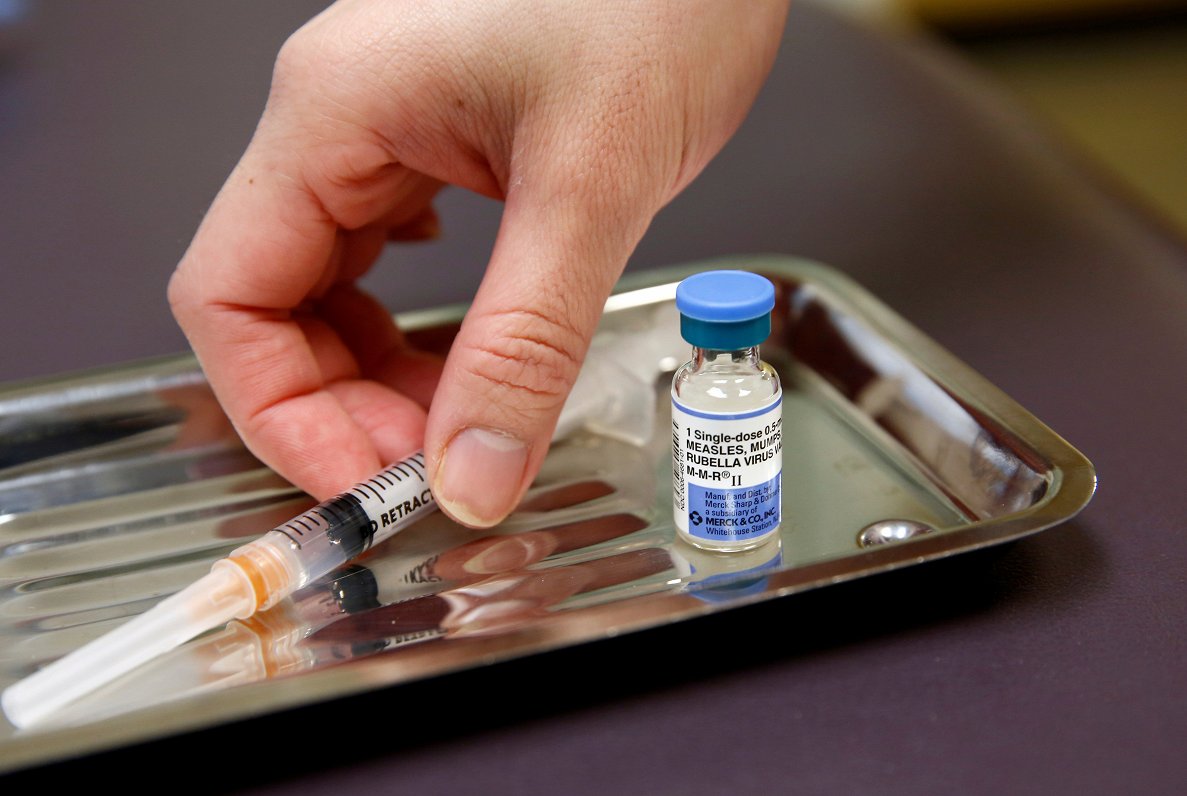If COVID-19's next wave coincides with the flu season, it will be both a double risk for people and an additional load for the health-care system. Therefore, all around the world, countries are racing to get additional influenza vaccines in order to escape, at least, the spread of this virus as much as possible.
At the end of April, the government decided that it was necessary to ensure that as much of the population as possible was vaccinated against the virus and to start negotiations with producers in good time. Regarding the risk group, aged over 65, Latvia is in the penultimate place of the European Union in terms of influenza vaccination. To improve the situation, more vaccines would then be needed.
For Latvia, the quantities scheduled for each of the following flu seasons are set by producers in November - December of the previous year, taking into account current demand. The previous season produced 173 thousand vaccines for Latvia, and forecasting a slight increase in demand projected 195 thousand for next season. Although it is 22 thousand more, even if they are used, less than 10% of Latvia's population would be vaccinated.
"It is too late to produce new vaccines," said State Agency of Medicines (ZVA).
“If the producer knew he had guaranteed sales to some 500 thousand, then he would supply 500 thousand. There are no problems. The problem is that production has basically already happened now. Its vaccines have been packed, stands for stabilization testing, and will be in wholesalers in August, September. They have already produced as much as they have.”
In addition, vaccines available to Latvia will have to be distributed between public procurement and commercial markets. This year, the state plans to expand the circle of people vaccinated for state money.
Currently, pregnant women and children under two years of age are vaccinated free of charge against the influenza, partly the cost of the vaccine for people with chronic diseases and older than 65 years. But in the coming weeks, the Ministry of Health plans to submit a supplement to the Cabinet, including medics and social care center clients and employees.
“It won't be so that the country will buy all the vaccines available on the market. But of course, given that these production volumes are increased, it is possible that the commercial vaccine market will no longer be widely available,” says Santa Līviņa, director of the Ministry's Department of Public Health.
The National Health Service is preparing to announce public procurement as soon as the new rules have been updated. How many vaccines the country is going to buy, not yet knowing, as the estimates are expected from the Centre for Disease Prevention and Control, which in turn looks forward to what exactly will be in the new rules on state-paid groups.
This does not change the overall limit for vaccines. The sector is not currently expecting exactly how much it will relieve the healthcare system.
There is no plan B yet. The Ministry of Health should prepare an informative report on health sector capacity by September.





























